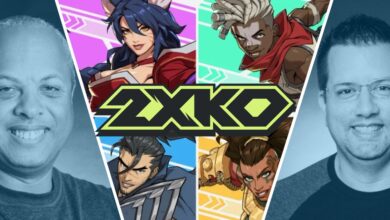Sony’s anime business in “early PlayStation stage”, says company executive

Sony has been steadily boosting its anime business and it’s now been likened to the PlayStation’s PS1 era.
Speaking to Japanese outlet Toyo Keizai (translated by Automaton), Sony CSO Toshimoto Mitomo (in charge of global IP development) said the company’s anime business is “in a phase roughly equivalent to the period between the launch of the PS1 and PS2”.
Back in August 2021, Sony completed a $1.175bn acquisition of anime-streaming service Crunchyroll. Then at the end of last year, Sony increased its shares in FromSoftware owner Kadokawa, with the intention to co-produce anime works, expand global distribution of Kadokawa’s anime, and adapt franchises into live-action film and TV dramas. As such, anime was core to the business decision – not, as fans may have hoped, to secure Bloodborne 2.
Even more recently, last month Sony acquired 2.5 percent of publisher Bandai Namco, once again in a bid to boost its anime business. “Through this business alliance and Sony’s investment in Bandai Namco… [we] will focus on expanding the fan community for IP such as anime and manga around the world and strengthening engagement, particularly in the anime field where rapid market growth is anticipated,” the companies wrote in a joint statement.
While the PS1 was Sony’s first home console, it proved immensely successful. With over 102m units sold, it’s the sixth best-selling games console of all time. It was followed by the PS2, which saw Sony dominate the games industry with the best-selling console of all time.
Mitomo’s comments seem to suggest that Sony’s anime business is poised for similarly explosive growth, following its recent acquisitions.
Indeed, as just one example, Sony is breaking records in Japan with its release of Demon Slayer: Infinity Castle, which had the biggest opening weekend ever in Japan.
It certainly contrasts to the company’s live-service strategy, which has seen a string of flops and cancellations. Sony’s chief financial officer Lin Tao recently admitted the strategy is “not entirely going smoothly”.



